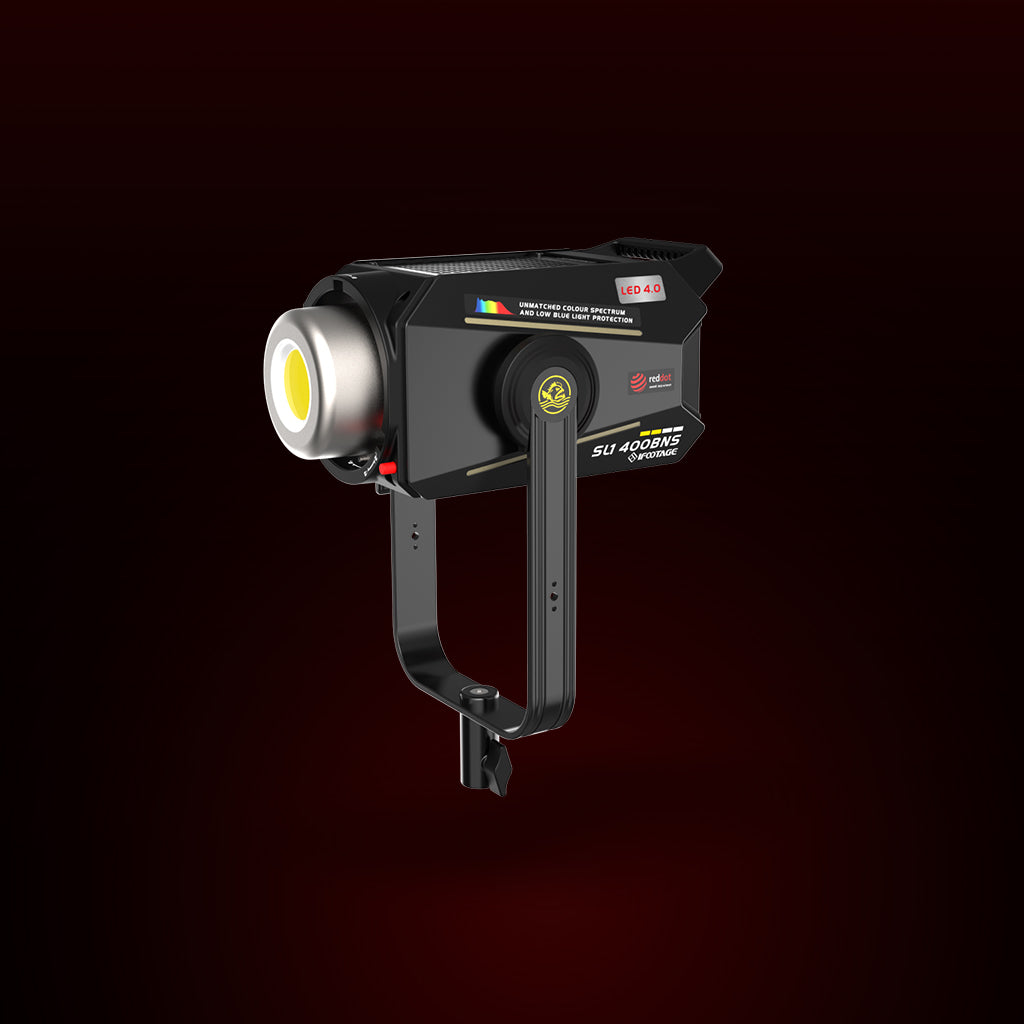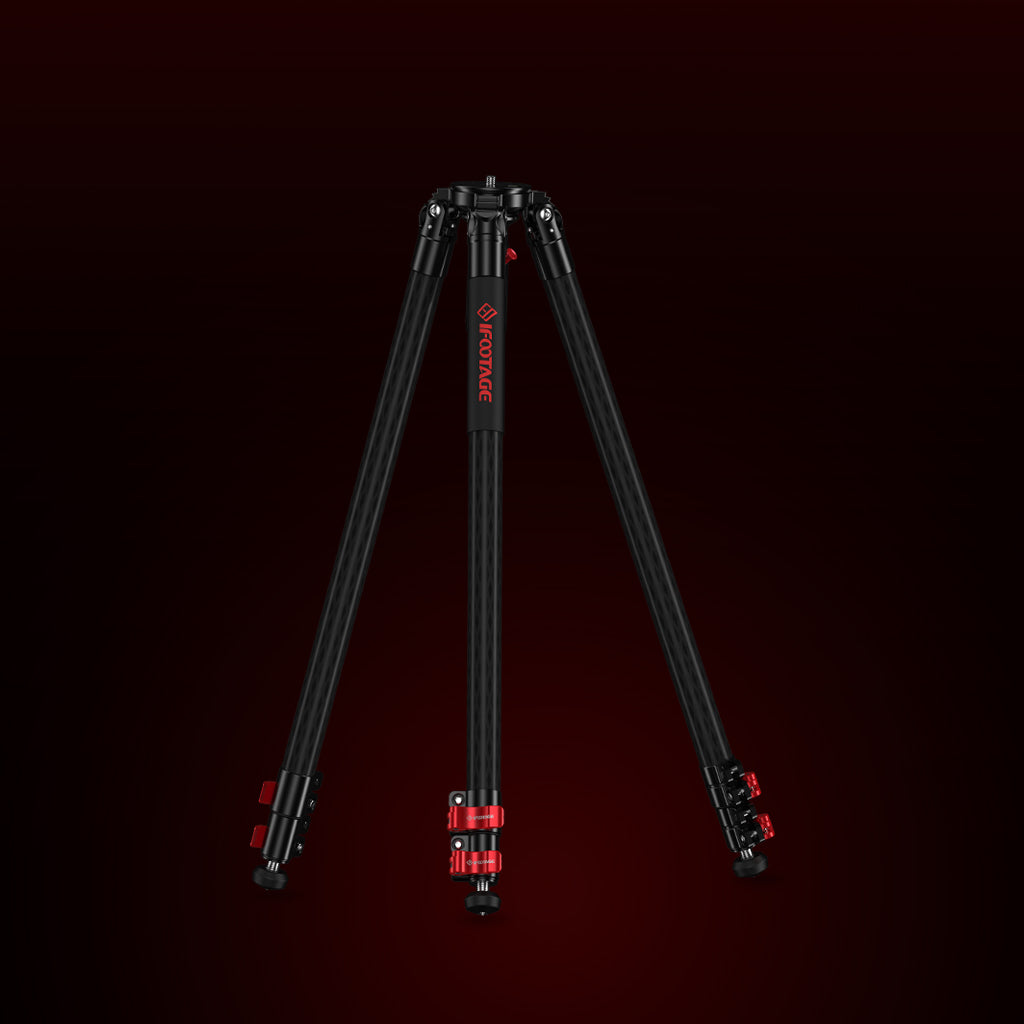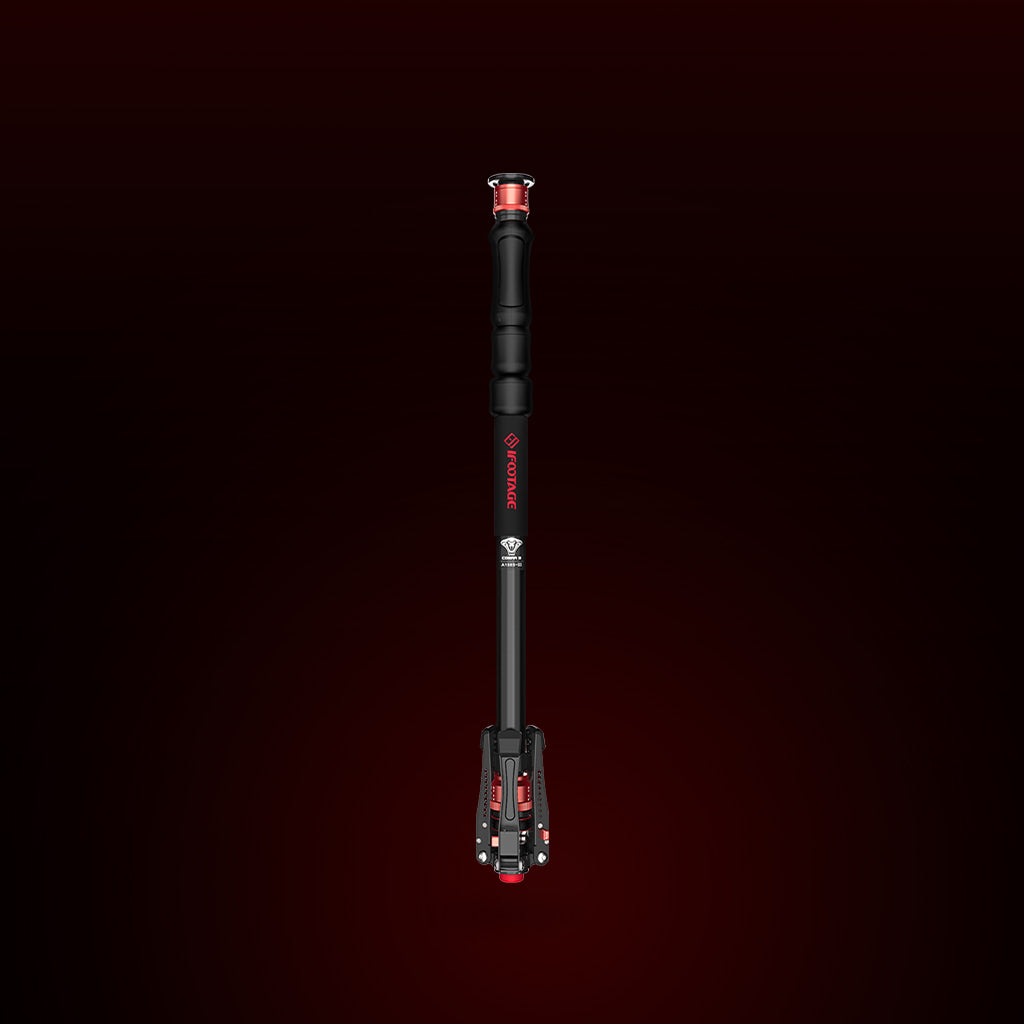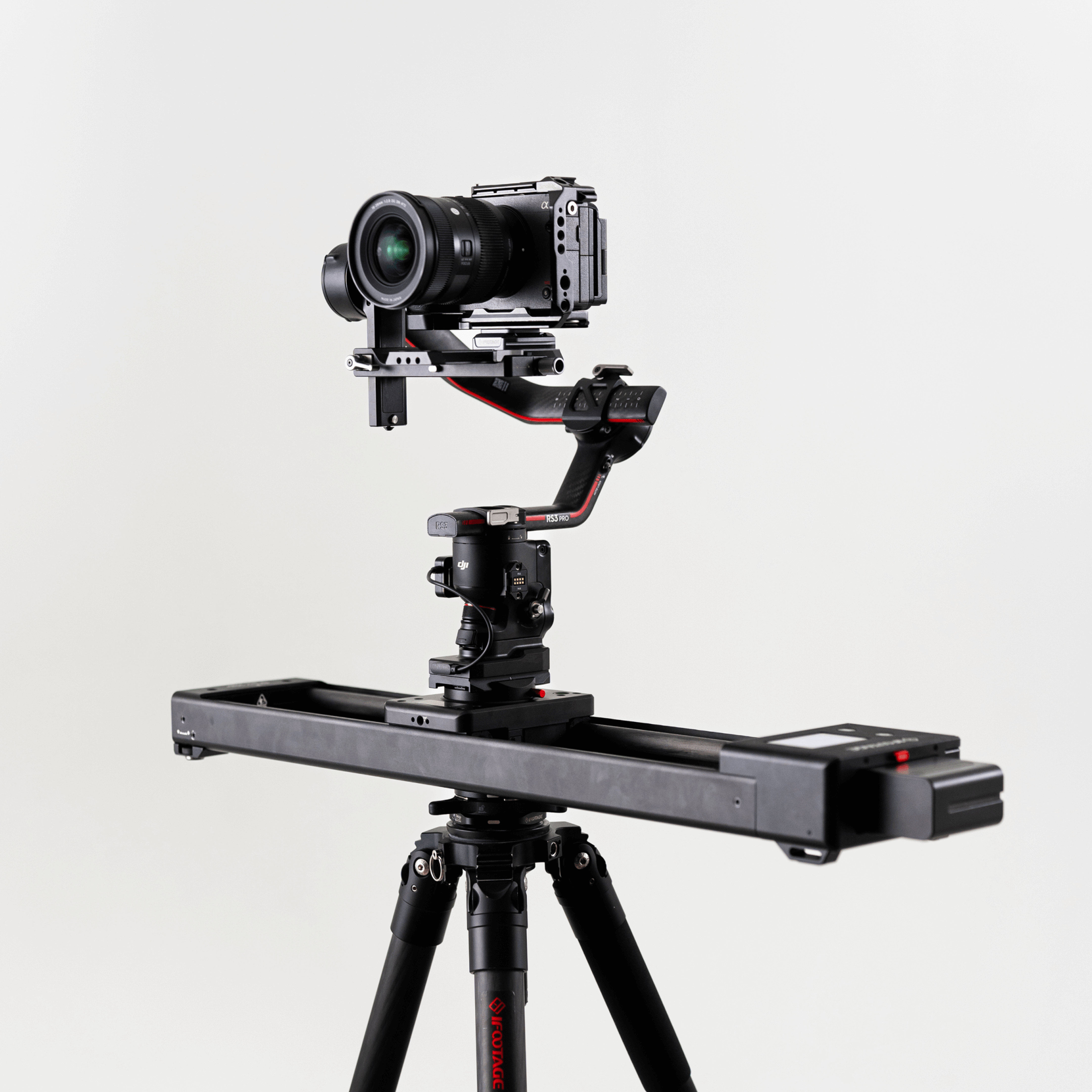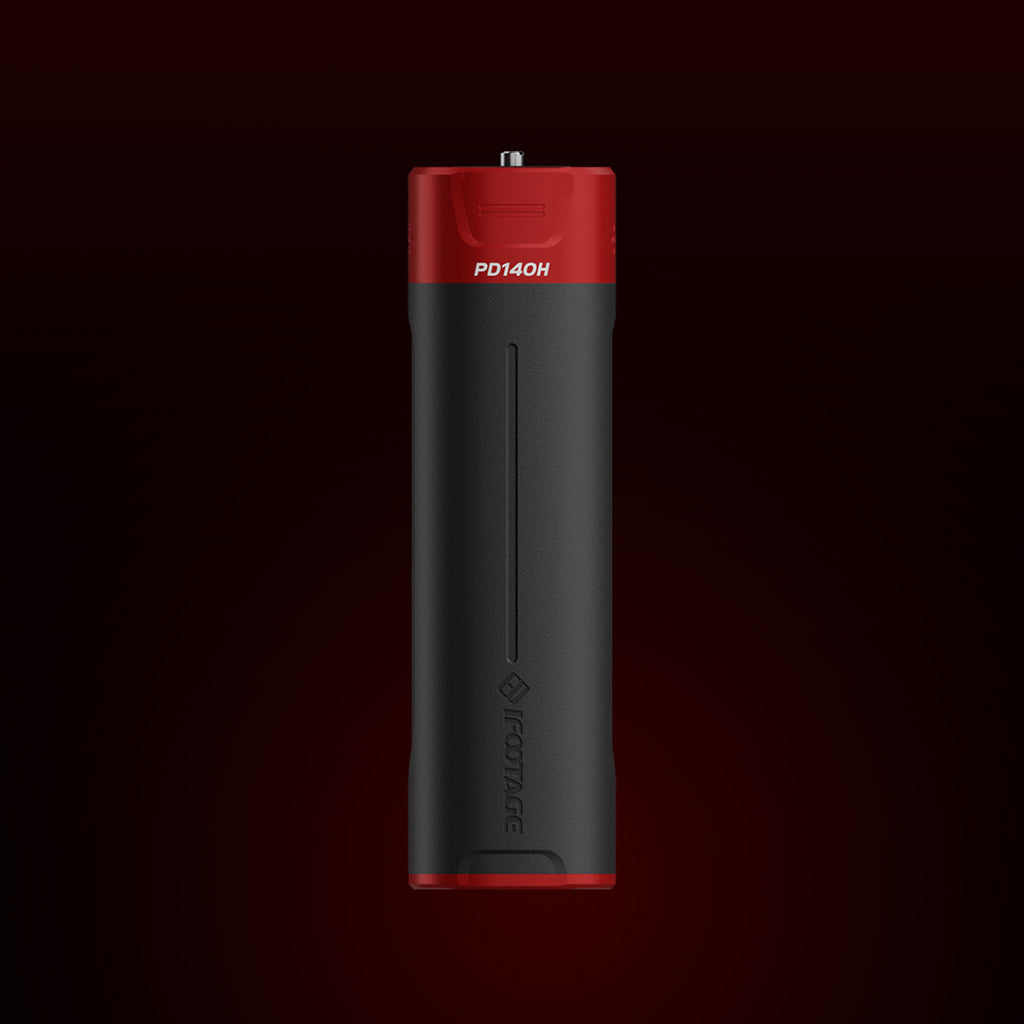Covid 19 and the ‘new normal’: a guide for video film makers

I’ve always run a risk assessment prior to filming, especially for location recording. Over the years it’s saved me money, time, equipment, relationships, litigation, reputation, frustration but most of all it’s allowed me to view my proposed production from a practical, logical, feasible, common sense safety perspective providing me with opportunities to plan-ahead and minimise risk. Risk of what you might ask? Risk of anything is my answer! I do however recognise that it is not possible to mitigate against everything as Terry Gilliam will no doubt tell you now that he’s finally finished ‘The Man Who Killed Don Quixote,’ a film he started over 20 years ago – but that’s a different story!
So, as we return to filming and over the coming months start working with the ‘new normal’, image makers must now also Covid 19 risk assess. This should be done as an integral part of a standard risk assessment but now must take into account our current pandemic challenge and its potential aftermath.
So what should I be thinking of?
So, as we return to filming and over the coming months start working with the ‘new normal’, image makers must now also Covid 19 risk assess. This should be done as an integral part of a standard risk assessment but now must take into account our current pandemic challenge and its potential aftermath.
So what should I be thinking of?
Generally you need to be thinking about the people you will be near – your crew, actors, contributors or members of the public. Are any of them at a higher risk level because of age, health or circumstance? What steps do you need to take to protect them?
You also may need to reduce the number of people you will be in contact with-smaller crews, reduced teams and contributors will reduce risk.
Think through all stages of the production process and decide what changes or alternatives there are available to you eg a virtual production or script meeting or the location and proximity of actors or contributors. Decisions made early at this stage will again reduce risk later on.
Think about the mental health and well being of everyone you are working with including yourself. Mental health and wellbeing will no doubt become increasingly important going forward.
Finally, conduct your full risk assessment with the above in mind:
Travel
Currently a lot of people are concerned about travelling with others. You may need to make separate travel arrangements for everyone eg separate cars and meet at your agreed location. Check with individuals on their views around social distancing and travel….you may find that, for some, a shared car is out of the question.
Location
Remote location hunting and remote recces will give you a good sense of size and space. Will the proposed location support social distancing regulations and will your team feel safe there? Are there key hygiene facilities available or can these be set up? Are there suitable waiting or rest areas available?
Team
You will need to adapt to the new circumstances by discussing and planning roles, responsibilities, activities and movement. Keep teams small and separate from one another and again make sure everyone is comfortable with what you are planning to do and why. Actors and contributors need to be scheduled in appropriately so that contact with others, for instance whilst waiting to join you, is controlled and therefore limited as much as possible.
Kit
Again, you will need to discuss and plan the selection, movement and use of all your equipment. You will need to implement a hygiene regime for your kit and especially for items and parts that are handled or touched frequently. Ensure you have the necessary hygiene cleaning equipment available for everyone.
PPE
This very much comes down to personal choice, however some of your crew members may wish to use gloves and or masks. Ask them how they feel and accommodate them accordingly. Some locations will require you to adhere to their
own PPE requirements.
Others
It's essential, whilst working in public areas, with members of the public or other contributors, that you and your team are aware of your own presence and interaction with those around you. Ensure that others remain totally confident in you, your social distancing and your overall professional responsibility towards them.
Vigilance
This is key to maintaining safe working environment. You might want to assign this as a key additional role to one of your team. They can then maintain checks on social distancing and intervene when necessary. They can also keep an eye on the physical and mental health and wellbeing of your team members and others that you may be working with.
I will now be working to the above standards for all my location filming and as the situation changes, I will adjust and amend accordingly, thus ensuring the safety of my team and all those we work with. I hope that you will do the same.

